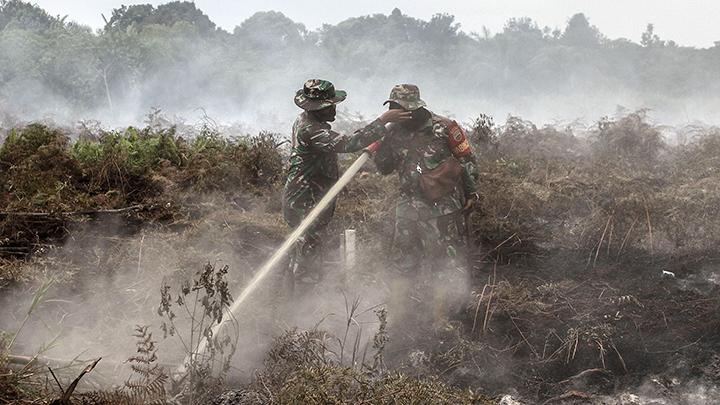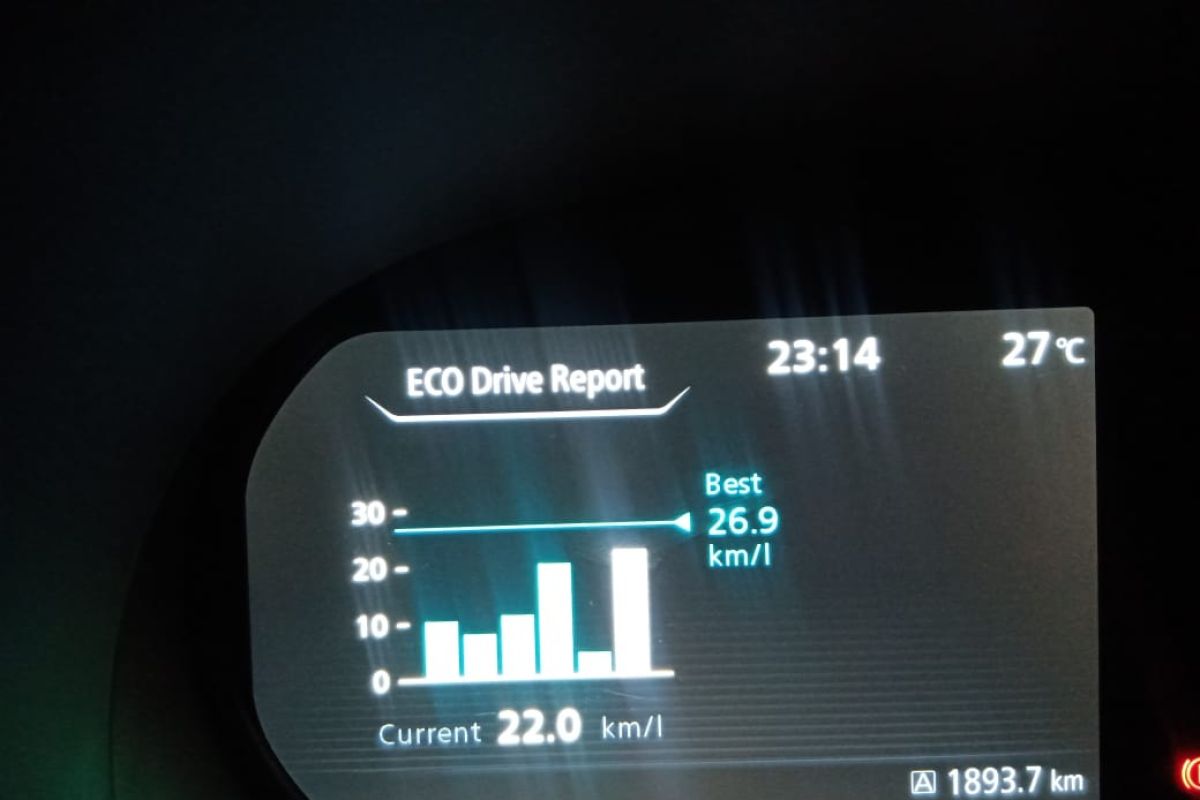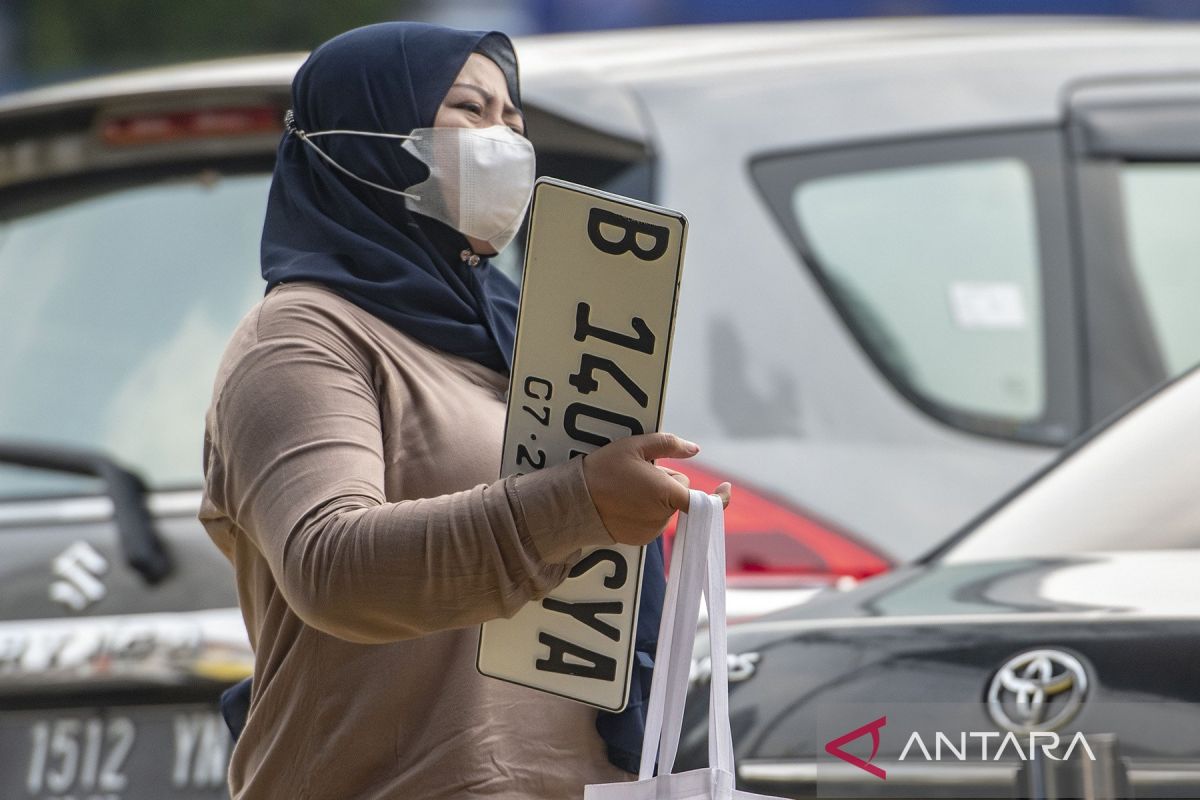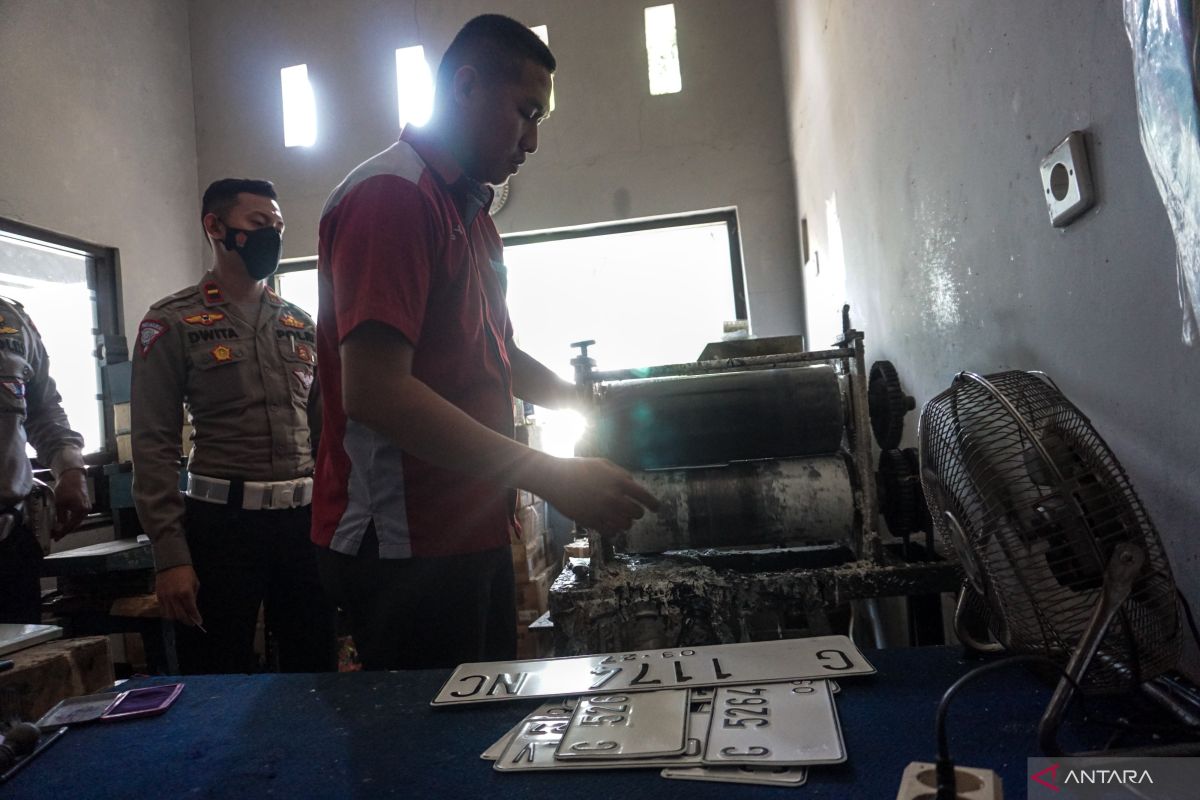April 27, 2025 | 02:53 pm

TEMPO.CO, Jakarta - That unpleasant nausea, vomiting, or stomach pain after a meal could signal a common culprit: food poisoning.
Several habits can inadvertently elevate the risk of bacterial contamination in food. These include improper storage techniques, the use of unsanitary cooking implements, or food preparation without meticulous attention to cleanliness. Such practices can unfortunately pave the way for harmful bacteria that can trigger a range of health issues.
Reported by Antara, the following are six bacteria commonly responsible for food poisoning and tips how to avoid them.
List of 6 Common Bacteria Behind Food Poisoning and How to Avoid Them
1. Listeria
This bacterium can lurk in unpasteurized dairy products, vegetables cultivated in tainted soil, processed meats, and damaged canned goods. Infection with Listeria can manifest with flu-like symptoms, but it can escalate into severe infections, particularly posing risks to pregnant individuals, the elderly, and those with compromised immune systems.
Prevention: opt for pasteurized dairy options, diligently wash all vegetables, and exercise caution by avoiding processed foods that exhibit a slimy texture or emit an unpleasant odor.
2. Campylobacter
This type of bacterium is frequently identified in undercooked poultry, contaminated vegetables, and unhygienic milk and water sources. Infection with Campylobacter can lead to digestive disturbances lasting up to two weeks, often accompanied by fever, muscle aches, and diarrhea.
Prevention: Ensure meat is cooked tothoroughly, wash vegetables before consumption, and consume clean drinking water.
3. Salmonella
Salmonella is commonly found in raw eggs, poultry, and on inadequately cleaned kitchen surfaces. Symptoms of Salmonella infection typically include abdominal pain, diarrhea, vomiting, and a high fever.
Prevention: Cook food thoroughly, diligently wash hands before and after handling food, and maintain proper hygiene when cleaning kitchen utensils.
4. E. Coli (Escherichia coli)
This bacterium can be present in undercooked beef, unwashed produce, and food that has been contaminated through poor hand hygiene. E. coli infection can result in severe stomach cramps, bloody diarrhea, and potentially lead to serious complications.
Prevention: Avoid consuming undercooked meat, always wash vegetables meticulously, and ensure hands are clean before eating or engaging in food preparation.
5. Shigella
Shigellosis, the illness caused by Shigella, presents symptoms similar to salmonellosis. However, a key distinction is that Shigella primarily targets the large intestine rather than the small intestine. The origin of this bacterium is contamination from human feces. While many foodborne illnesses are transmitted through tainted food or water, shigellosis is often directly linked to contact with fecal matter. What is more concerning is that this bacterium can be resistant to antibiotics.
Prevention: Maintaining rigorous hygiene and sanitation practices is therefore paramount in preventing infection.
6. Staphylococcus
Staphylococcus thrives on food that has been left at room temperature for long periods, such as salads, dairy-based products, and processed meats. Infection can manifest rapidly, causing nausea, vomiting, and diarrhea within hours of consuming the contaminated food.
Prevention: To prevent food poisoning from Staphylococcus, avoid leaving food out of refrigeration for prolonged durations, promptly refrigerate any food that is not immediately consumed, and refrain from eating food that exhibits an unusual odor or altered texture.
Editor's Choice: 5 Halal Street Foods Muslim Travelers Should Try in South Korea
Click here to get the latest news updates from Tempo on Google News
5 Halal Street Foods Muslim Travelers Should Try in South Korea
20 jam lalu

South Korea has become increasingly welcoming to Muslim tourists by offering a growing selection of halal-certified snacks and restaurants
BGN Mulls Involving School Cafeterias in Free Nutritious Meal Operation
1 hari lalu

BGN is considering the option to decentralize food processing in the free nutritious meal (MBG) program following a mass food poisoning case.
House Speaker Calls for Free Nutritious Meal Evaluation Following Drawbacks
2 hari lalu

Puan Maharani requested the government to evaluate the free nutritious meal program. She highlighted several issues in the implementation, such as mass student food poisoning incidents
Feeling Sick? Here's What to Eat and Avoid After Food Poisoning
2 hari lalu

Some foods and drinks that can and cannot be consumed after experiencing food poisoning.
Indonesian Govt Incomplete Lab Test for Alleged Poisonous Free Nutritious Meal
2 hari lalu

BGN will ban all providers of free nutritious meals from cleaning the leftover food given to students.
7 Easy Guides to Check Food and Drinks Containing Pork
3 hari lalu

Here are some simple guides to recognize the presence of pork content in food products, including understanding the terminology used.
Prabowo: Don't be Afraid of Stocks Rising or Falling, Our Country is Rich
3 hari lalu

Indonesian President Prabowo Subianto has again brought up the issue of stock price movements, and states that there is nothing to worry about.
Prabowo Slams Professor Skeptical of Free Nutritious Meals Program
3 hari lalu

Prabowo expressed surprise that a university professor was among the critics who opposed and questioned the Free Nutritious Meals (MBG) program.
Prabowo: Indonesia's MBG Program for Pregnant Women Likely the 'Only One' in the World
3 hari lalu

Prabowo claimed several countries are seeking to study the free meal program.
Prabowo Responds to Alleged Misappropriation of Free Nutritious Meal Funds
4 hari lalu

President Prabowo pledges that authorities will investigate allegations of misappropriation involving the Free Nutritious Meals (MBG) program funds

















































